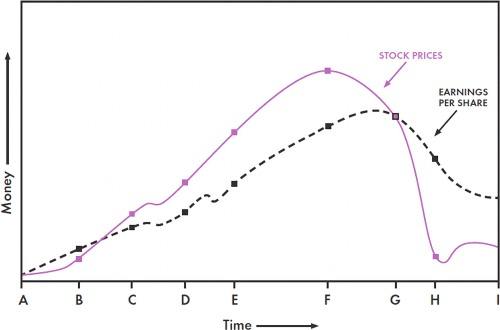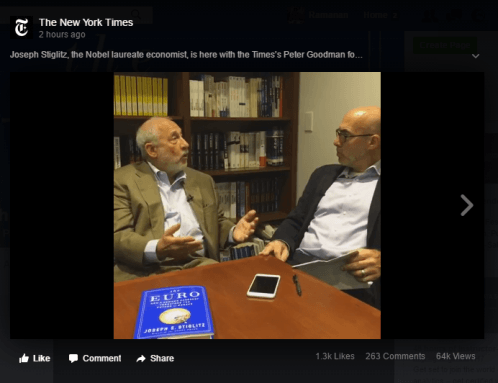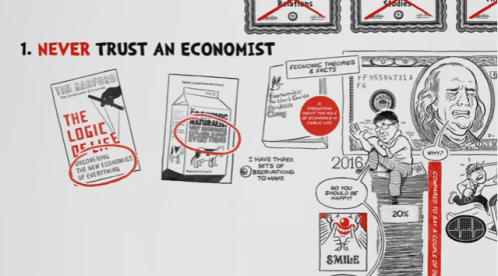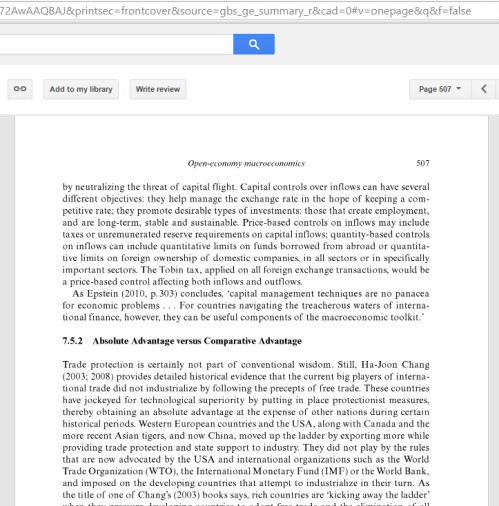Paul Krugman has an article each on his blog and for NYT Opinion on Donald Trump’s claim that he’ll take protectionist measures to improve U.S. manufacturing, especially on China.
The debate is around a paper Import Competition and the Great US Employment Sag of the 2000s by Daron Acemoglu, David Autor, David Dorn, Gordon H. Hanson and Brendan Price.
From the abstract of the paper:
Even before the Great Recession, US employment growth was unimpressive. Between 2000 and 2007, the economy gave back the considerable employment gains achieved during the 1990s, with a historic contraction in manufacturing employment being a prime contributor to the slump. We estimate that import competition from China, which surged after 2000, was a major force behind both recent reductions in US manufacturing employment and—through input-output linkages and other general equilibrium channels— weak overall US job growth. Our central estimates suggest job losses from rising Chinese import competition over 1999–2011 in the range of 2.0–2.4 million.
Now Paul Krugman explicitly agrees with this claim:
I basically agree with this conclusion, at least when we’re talking about manufacturing employment. But I’m troubled by some conceptual issues, which I think are important for interpreting the results.
As the second line of the quote shows, Krugman is reluctant to accept this. This shouldn’t be surprising. Krugman has been a champion of free trade and it will be difficult for him to accept that he has been wrong all around.
Krugman says:
… it all depends on offsetting policies. If monetary and fiscal policy are used to achieve a target level of employment – as they generally were prior to the 2008 crisis – then a first cut at the impact on overall employment is zero
First, the United States didn’t have full employment before the 2008 crisis. So fiscal policy wasn’t offsetting enough. Instead if the U.S. had taken measures to protect manufacturing, unemployment would have been lower for the same fiscal stance. But that is not enough. Even if fiscal policy had offset all loss of employment due to trade, such a policy would not have been sustainable as it would mean that U.S. public debt and the net international investment position keep deteriorating relative to gdp.
So the U.S. could have been better off taking some measures such as non-selective protectionism as recommended by Wynne Godley in 1999 in his article Seven Unsustainable Processes.
Second Krugman’s claim is that instead of purchasing manufactured imports, U.S. economic units would have non-manufactured imports. That is partly true, if the protectionism measure was selective. But even here, output would have been higher even if total imports were the same, non-manufactures instead of manufactures. In other words, what is more important is the import propensity, not imports itself.
In all, putting tariffs on trade can be highly expansionary for the U.S. economy and employment. China’s economy has expanded massively and has damaged the U.S. economy. China is in a position to expand output by boosting domestic demand rather than relying on exports because its international investment position is quite solid and it need not worry about balance of payments problems if it does so. Instead, China has a massively undervalued exchange rate and it gives unfair advantage to China. It is sometimes said that China should float its currency freely in the foreign exchange markets. Although this step would be great, it still relies on the market mechanism to solve problems and is not guaranteed to work. Who knows how much China’s currency would appreciate? Maybe it just appreciates 10% and not more. Moreover, it is not just China. U.S. faces competition from various other nations as well. So a non-market mechanism is needed such as non-selective protectionism. This will help the U.S. expand output without its debts rising in an unsustainable way.
Krugman’s back-of-the-envelope calculations are not really something which are obvious and the first cut to a right answer. The flawed ideology of free trade is behind Krugman’s numbers.
Needless to say, all this is not an endorsement of Trump. Strange times, when we defend politicians whose ideology we do not like. Even Bernie Sanders is not pro-free trade, although he hasn’t been as explicit as Trump.
Finally, on manufacturing versus services, Krugman says:
No matter what we do on trade, America is going to be mainly a service economy for the foreseeable future. If we want to be a middle-class nation, we need policies that give service-sector workers the essentials of a middle-class life.
I don’t understand what economists dislike so much about manufacturing. “Going to be” is different from whether it is correct to be and not do anything about manufacturing. It’s not a logical argument to say, “Oh! we are a service economy, manufacturing has lost its importance”. Because the U.S. manufacturing deficit was $831 bn in 2015.





